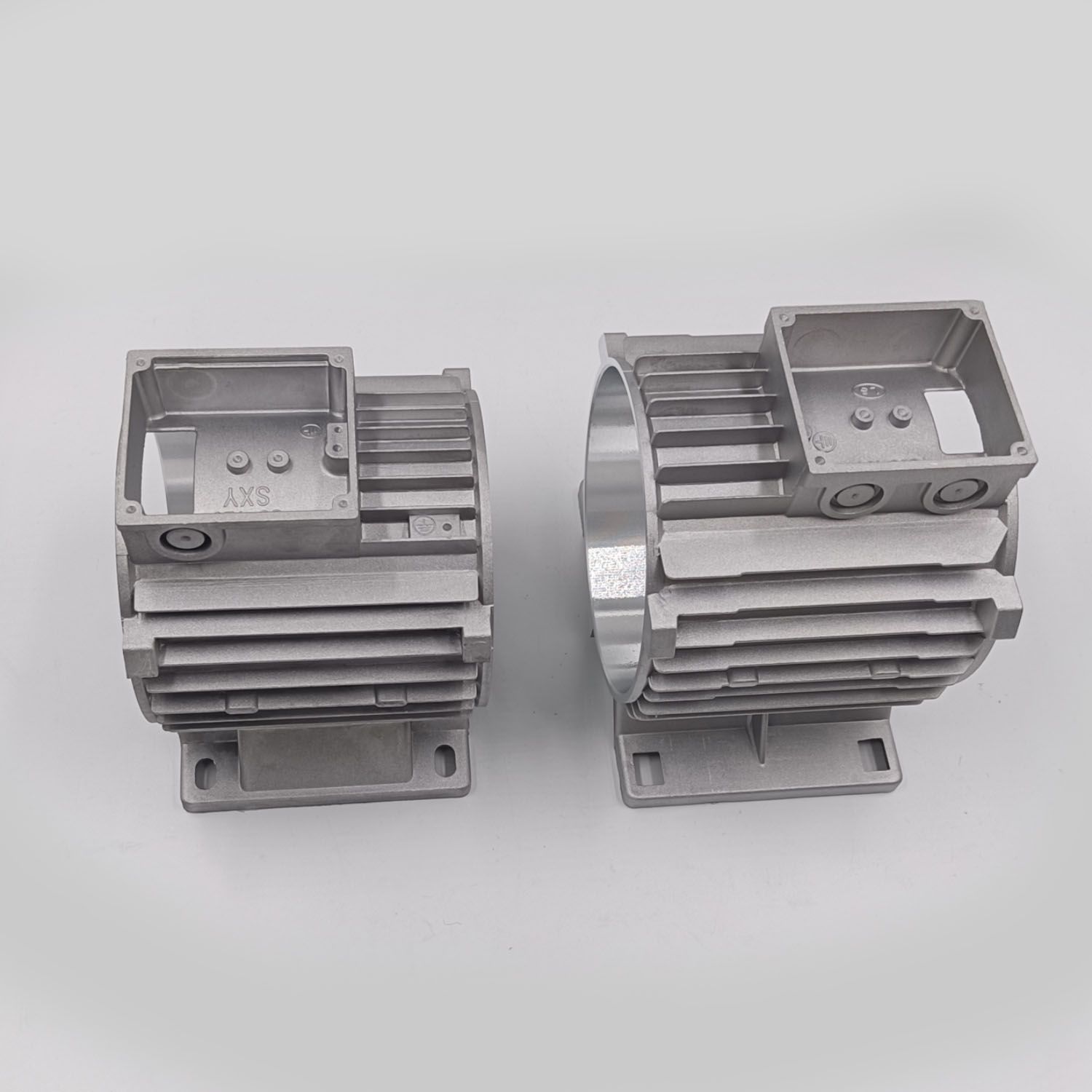Stahl Specialty Company - Questions
Stahl Specialty Company - Questions
Blog Article
Stahl Specialty Company Can Be Fun For Anyone
Table of ContentsWhat Does Stahl Specialty Company Mean?Fascination About Stahl Specialty CompanyAn Unbiased View of Stahl Specialty CompanyExcitement About Stahl Specialty CompanySome Known Details About Stahl Specialty Company
The refined difference lies in the chemical web content. Chemical Comparison of Cast Aluminum Alloys Silicon advertises castability by lowering the alloy's melting temperature level and boosting fluidness throughout spreading. It plays a critical function in allowing detailed mold and mildews to be loaded accurately. Additionally, silicon adds to the alloy's toughness and wear resistance, making it important in applications where resilience is essential, such as automobile components and engine components.It additionally improves the machinability of the alloy, making it easier to process into finished items. In this way, iron adds to the total workability of aluminum alloys. Copper raises electric conductivity, making it beneficial in electric applications. It likewise enhances rust resistance and contributes to the alloy's general toughness.
Manganese adds to the stamina of light weight aluminum alloys and boosts workability. It is frequently made use of in wrought light weight aluminum products like sheets, extrusions, and accounts. The visibility of manganese help in the alloy's formability and resistance to cracking during fabrication procedures. Magnesium is a lightweight element that provides stamina and impact resistance to aluminum alloys.
It allows the manufacturing of lightweight elements with superb mechanical residential properties. Zinc enhances the castability of light weight aluminum alloys and aids control the solidification process throughout spreading. It improves the alloy's stamina and firmness. It is usually discovered in applications where intricate shapes and fine information are essential, such as ornamental spreadings and particular vehicle components.
All about Stahl Specialty Company
Since aluminum-silicon alloys have great casting residential or commercial properties, high gas homes, basic procedures, and excellent deterioration resistance, aluminum-silicon alloys are most typically made use of in the die-casting industry at home and abroad. At the same time, aluminum-silicon alloys are additionally reasonably very early and commonly recognized alloys developed and made use of in die-casting. After continual research study and enhancement, most of the current global mainstream aluminum-silicon alloys have been completed and are absolutely nothing greater than A356, A360, A380, ADC12, B390, and A413.
The main thermal conductivity, tensile strength, yield strength, and prolongation differ. Select ideal basic materials according to the performance of the target item generated. Among the above alloys, A356 has the highest thermal conductivity, and A380 and ADC12 have the most affordable. The tensile restriction is the opposite. A360 has the finest yield toughness and the greatest elongation rate.

The 6-Second Trick For Stahl Specialty Company
In precision spreading, 6063 is fit for applications where elaborate geometries and high-grade surface finishes are paramount. Examples consist of telecommunication units, where the alloy's remarkable formability enables for streamlined and visually pleasing styles while maintaining structural honesty. In the Lights Solutions sector, precision-cast 6063 components develop classy and effective lighting fixtures that require detailed shapes and excellent thermal performance.
(https://stahlspecialc.weebly.com/)
The A360 displays exceptional prolongation, making it optimal for complex and thin-walled components. In precision spreading applications, A360 is well-suited for industries such as Consumer Electronics, Telecommunication, and Power Devices.

In precision spreading, aluminum 413 shines in the Consumer Electronics and Power Devices industries. This alloy's premium deterioration resistance makes it a superb option for outside applications, guaranteeing resilient, resilient items in the pointed out industries.
Some Known Questions About Stahl Specialty Company.
When you have decided that the aluminum die casting process appropriates for your task, a vital following action is determining on one of the most proper alloy. The aluminum alloy you select will substantially affect both the casting procedure and the residential or commercial properties of the end product. Due to the fact that of this, you should make your decision meticulously and take an enlightened technique.
Identifying the most ideal aluminum alloy for your application will certainly imply considering a wide variety of characteristics. The very first classification addresses alloy features that influence the production process.
The alloy you choose for die casting directly influences a number of aspects of the spreading process, like exactly how simple the alloy is to function with and if it is vulnerable to casting defects. Hot fracturing, also referred to as solidification cracking, is a normal die spreading defect for aluminum alloys that can lead to inner or surface-level tears or cracks.
Top Guidelines Of Stahl Specialty Company
Certain aluminum alloys are much more vulnerable to warm splitting than others, and your choice must consider this. An additional common problem found in the die spreading of light weight aluminum is pass away soldering, which is when the actors stays with the die wall surfaces and makes ejection tough. It can damage both the cast and the die, so you ought to seek alloys with high anti-soldering buildings.
Rust resistance, which is already a noteworthy characteristic of light weight aluminum, can differ significantly from alloy to alloy and is an important characteristic to consider relying on the environmental conditions your item will be exposed to. Put on resistance is one more residential property typically sought in light weight aluminum items and can set apart some alloys.
Report this page